

| Cruise Region : Transatlantic cruises, South America / Antarctica |
| Company : Costa Cruises |
| Ship : Costa Favolosa |
| Journey Start : Mon 16 Mar 2026 |
| Journey End : Tue 31 Mar 2026 |
| Count Nights : 15 nights |
| Day | Date | Port | Arrival | Departure |
|---|---|---|---|---|
| 1 | 16.03 Mon | Rio de Janeiro / Brazil | 20:00 | |
| 2 | 17.03 Tue | Day at sea / Sea | ||
| 3 | 18.03 Wed | Day at sea / Sea | ||
| 4 | 19.03 Thu | Recife / Brazil | 10:00 | 18:00 |
| 5 | 20.03 Fri | Day at sea / Sea | ||
| 6 | 21.03 Sat | Day at sea / Sea | ||
| 7 | 22.03 Sun | Day at sea / Sea | ||
| 8 | 23.03 Mon | Day at sea / Sea | ||
| 9 | 24.03 Tue | Mindelo / Cape Verde | 08:00 | 18:00 |
| 10 | 25.03 Wed | Day at sea / Sea | ||
| 11 | 26.03 Thu | Day at sea / Sea | ||
| 12 | 27.03 Fri | Santa Cruz de Tenerife(Canary Islands) / Spain | 08:00 | 16:00 |
| 13 | 28.03 Sat | Day at sea / Sea | ||
| 14 | 29.03 Sun | Casablanca / Morocco | 07:00 | 19:00 |
| 16 | 31.03 Tue | Barcelona / Spain | 14:00 |
Accommodation in a cabin of the selected category
Meals in the restaurant (buffet) on the "buffet" system, including breakfast, lunch and dinner, as well as snacks in the cafe and pizzeria throughout the day. Water, juices, tea, coffee from machines are available in the buffet free of charge 24 hours.
Meals in the main restaurant "a la carte". As a rule, all liners have two or three main restaurants with menu service. The dishes in such restaurants are more refined and varied than in the buffet. Drinks are ordered for an additional fee.
Entertainment on board, such as animation, master classes, aerobics, evening performances in the theatre, live music in bars, discos.
Access to all public areas of the liner: fitness center (gym), swimming pools, jacuzzis by the pools, water park, library, mini-clubs for children.
Services of educators in mini-clubs for children from 6 months to 17 years
Games on sports grounds, including tennis, mini-football, basketball, badminton, mini-golf and others.
Use of watercraft during embarkation or disembarkation in ports if the liner does not enter the port.
Luggage transportation at the beginning and end of the cruise.
Service charge, of 12 euros per night per guest.
Depending on the cabin category, you may be provided with additional services free of charge. For example, ALL INCLUSIVE drinks in bars and restaurants, cabin service with free delivery 24 hours, use of the spa center.
Important: MSC reserves the right to change the cabin to the same category or higher. However, MSC will do everything possible to avoid changing the cabin.
Additional costs:
insurance (medical insurance, travel cancellation insurance)
airfare, rail transport (transportation costs to the port of departure and from the port of arrival of the ship)
transfers (from the airport/train station to the sea port and back)
excursions
pre- and post-cruise hotel reservations if you want to extend your holiday on land.
Additionally paid on the liner:
visiting alternative bars and restaurants
services of spa centers, hairdressers, beauty salons
medical services
laundry, ironing
casino
slot machines, etc. depending on the specific liner.
For any purchase of goods on the liner in bars, restaurants, shops and services in the spa center, hairdresser, etc. you will be additionally charged a service fee, which will average 15% of the purchase price.
Not included into the cruise costs, and require additional payment:
Tipping staff.
Casinos, telephones, internet, video games.
Alcoholic and non-alcoholic drinks.
Reservations at alternative restaurants.
Minibar in the cabin.
Individual services on board (SPA, beauty salon, laundry).
Additionally, in our company or independently booked and paid for services:
Flights
Transfers before and / or after the cruise.
Registration of entry visas along the route (if necessary).
Health insurance (required).
Travel insurance (optional).
Excursions in ports of call.
To confirm your booking, a minimum deposit of 30% of the cruise fare is required.
The final payment must be made no later than 60 days before the cruise departure.
After the deposit or full payment is received (depending on the booking date), you will receive confirmation.
Boarding passes are sent 14 days before departure upon completion of online check-in.
Payment methods:
By invoice
By credit/debit card
Cancellation Penalties
Rates MyCruise, All Inclusive, Super All Inclusive:
60 days or more before the cruise – €100 per person retained
59–40 days before the cruise – 30% of the total cost
39–25 days before the cruise – 55% of the total cost
24–16 days before the cruise – 80% of the total cost
15 days or less before the cruise – 100% of the total cost
Last Minute Rate:
100% of the total cruise cost charged from the moment of booking
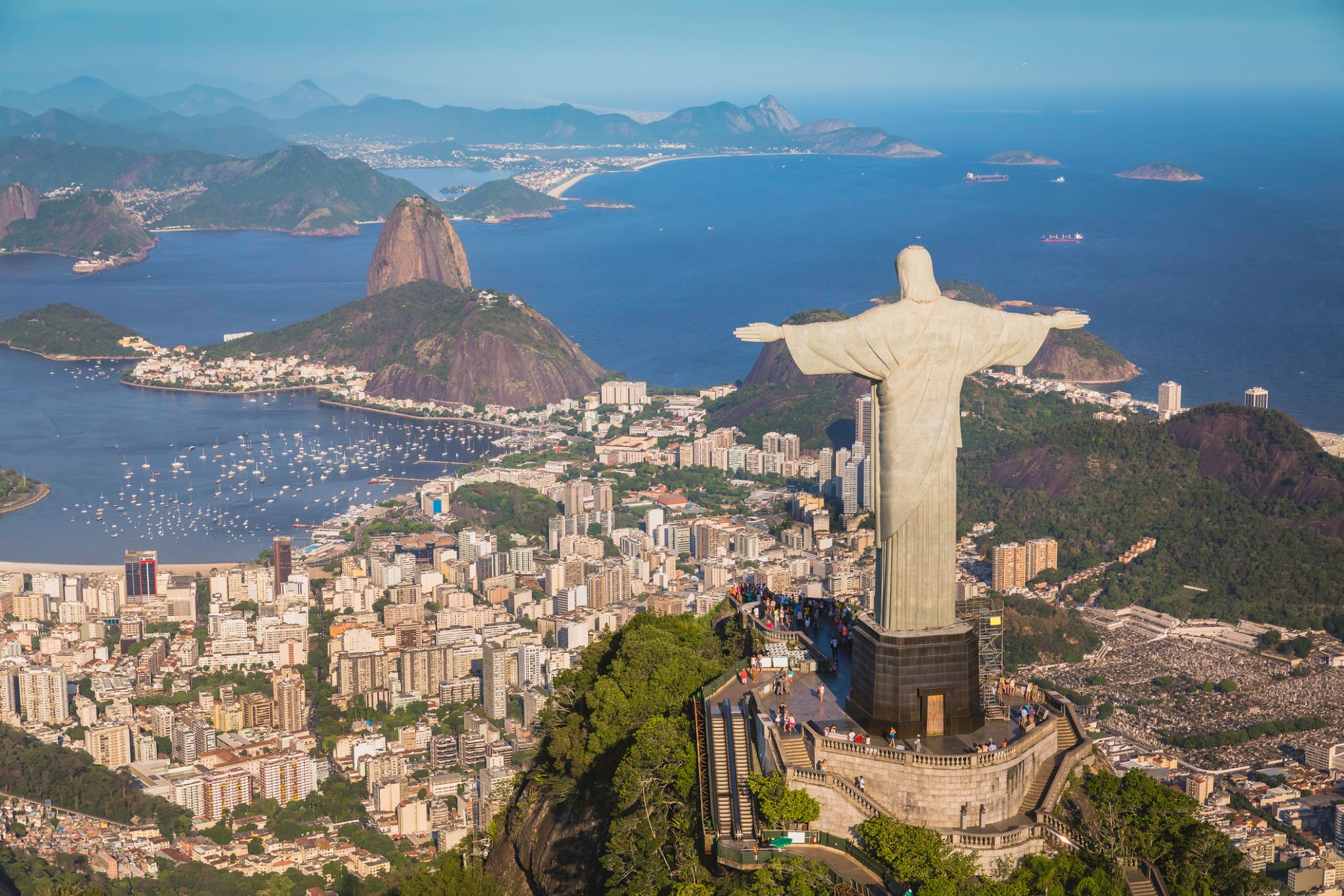
Rio de Janeiro is the second-most populous municipality in Brazil and the sixth-most populous in the Americas. The metropolis is anchor to the Rio de Janeiro metropolitan area, the second-most populous metropolitan area in Brazil and sixth-most populous in the Americas. Rio de Janeiro is the capital of the state of Rio de Janeiro, Brazil's third-most populous state. Part of the city has been designated as a World Heritage Site, named "Rio de Janeiro: CariocaLandscapes between the Mountain and the Sea", by UNESCO on 1 July 2012 as a Cultural Landscape.
Founded in 1565 by the Portuguese, the city was initially the seat of the Captaincy of Rio de Janeiro, a domain of the Portuguese Empire. Later, in 1763, it became the capital of the State of Brazil, a state of the Portuguese Empire. In 1808, when the Portuguese Royal Court transferred itself from Portugal to Brazil, Rio de Janeiro became the chosen seat of the court of Queen Maria I of Portugal, who subsequently, in 1815, under the leadership of her son, the Prince Regent, and future King João VI of Portugal, raised Brazil to the dignity of a kingdom, within the United Kingdom of Portugal, Brazil, and Algarves. Rio stayed the capital of the pluricontinental Lusitanian monarchy until 1822, when the War of Brazilian Independence began. This is one of the few instances in history that the capital of a colonising country officially shifted to a city in one of its colonies. Rio de Janeiro subsequently served as the capital of the independent monarchy, the Empire of Brazil, until 1889, and then the capital of a republican Brazil until 1960 when the capital was transferred to Brasília.
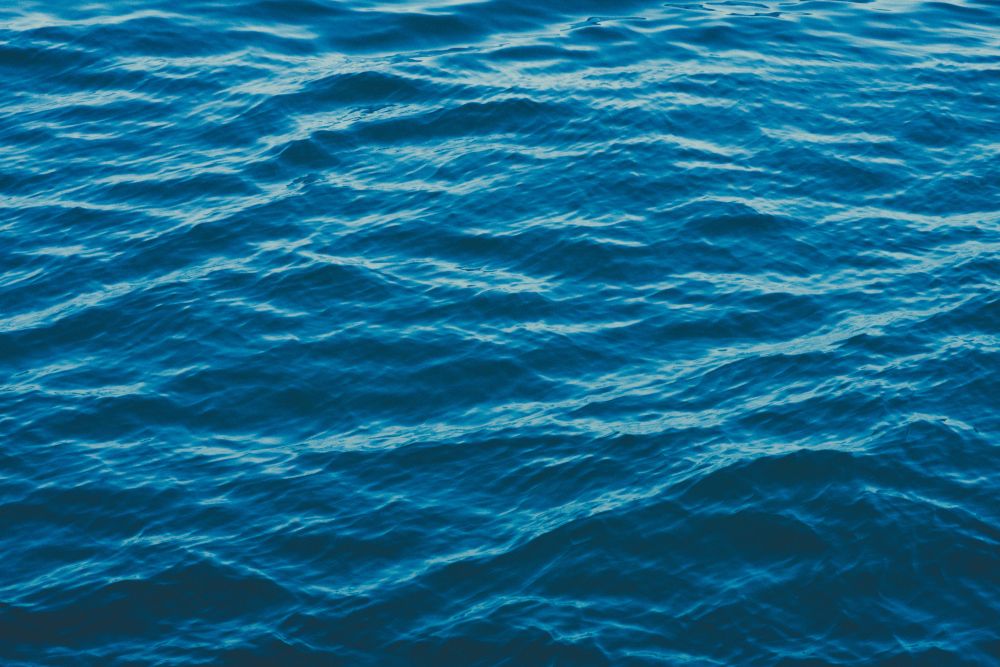

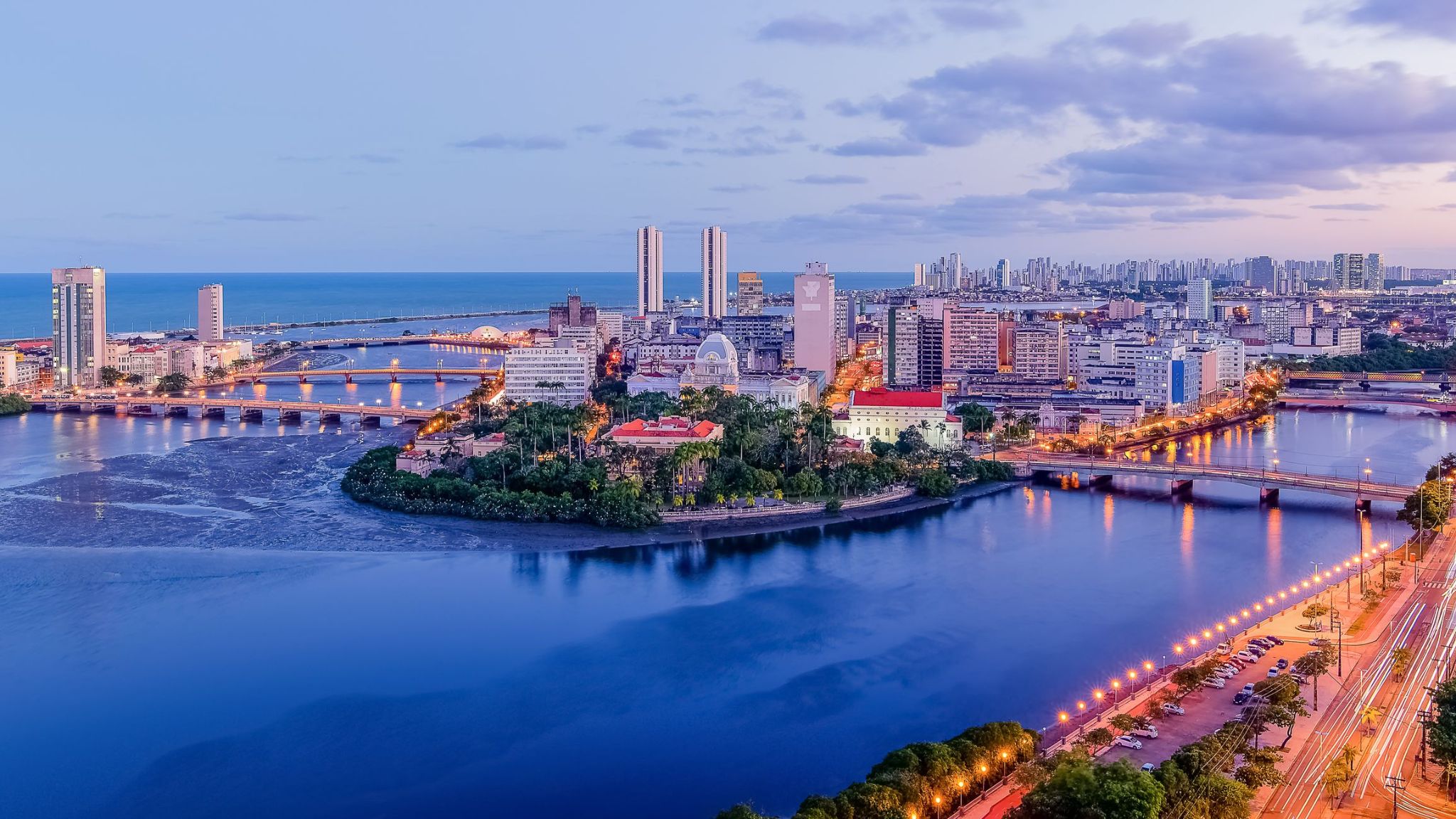
Recife: The Tropical Venice of Brazil
Recife, the capital of Pernambuco in northeastern Brazil, is known for its network of canals, bridges, and rivers, earning it the nickname “Brazilian Venice.” The city blends colonial architecture, modern skyscrapers, and vibrant culture, reflected in its carnival, frevo music, and maracatu rhythms. The historic district, Recife Antigo, preserves the city's Portuguese heritage through narrow streets, churches, and old buildings.
Recife is also famous for its beaches, especially Boa Viagem, where white sand and palm trees contrast with the urban skyline. Visitors can explore museums like the Ricardo Brennand Institute, with its collection of weapons and art, or visit the nearby colonial town of Olinda, a UNESCO World Heritage Site. It’s the perfect destination for those seeking cultural immersion, seaside relaxation, and the rhythm of vibrant Brazil.




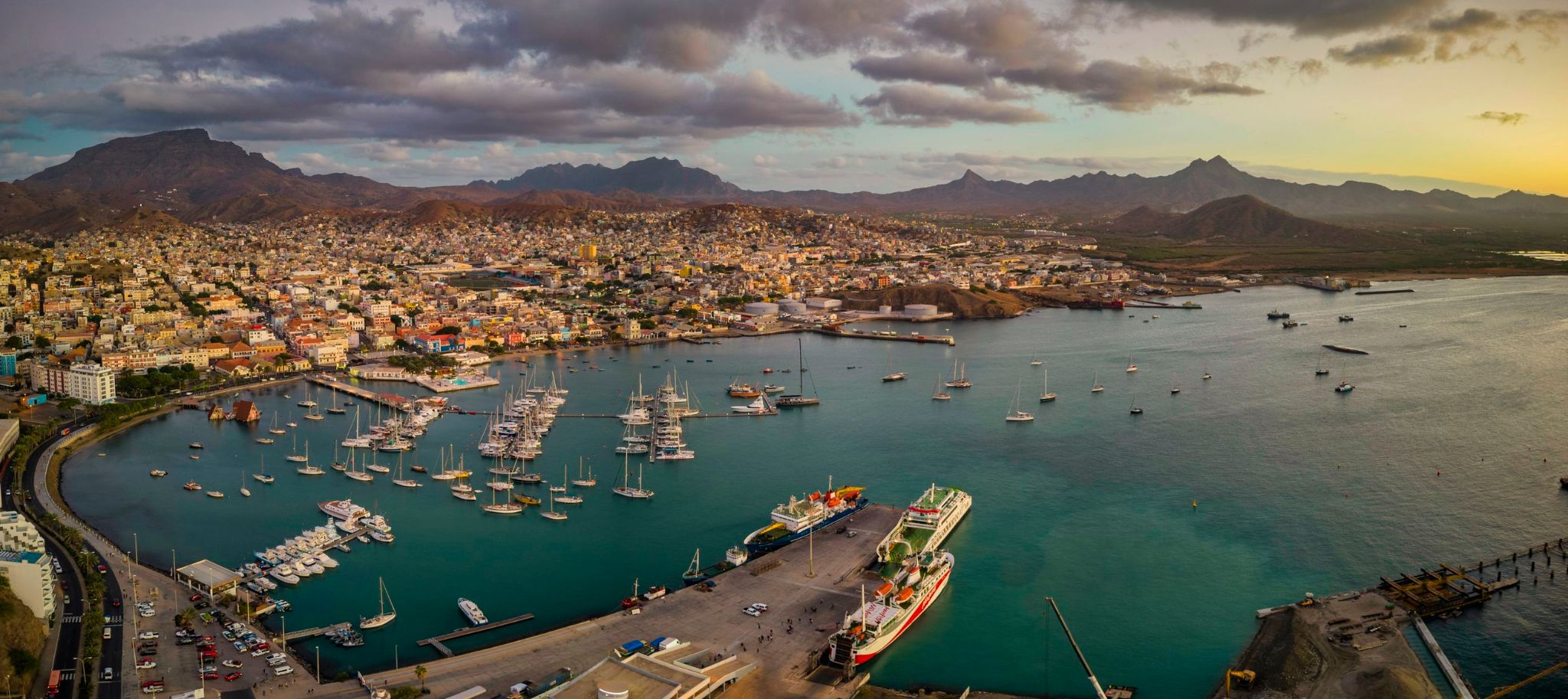
The turquoise waves of the Atlantic embrace the bay of Mindelo on the island of São Vicente, inviting travelers to dive into the rhythms of Cape Verdean music and its warm atmosphere. Known as the cultural capital of Cape Verde, this city enchants with its colorful colonial buildings, the live sounds of morna and coladeira, and street cafés where you can taste fresh seafood to the sound of guitars.
In Mindelo, visitors can stroll along the waterfront with views of the mountains and port, discover cozy shops with local crafts, and relax on sandy beaches where the soft breeze carries the scent of the ocean. This city offers a chance to feel the slow pace of island life, immerse yourself in music that plays on every corner, and take home memories of true Cape Verde, full of smiles and warm sunshine.


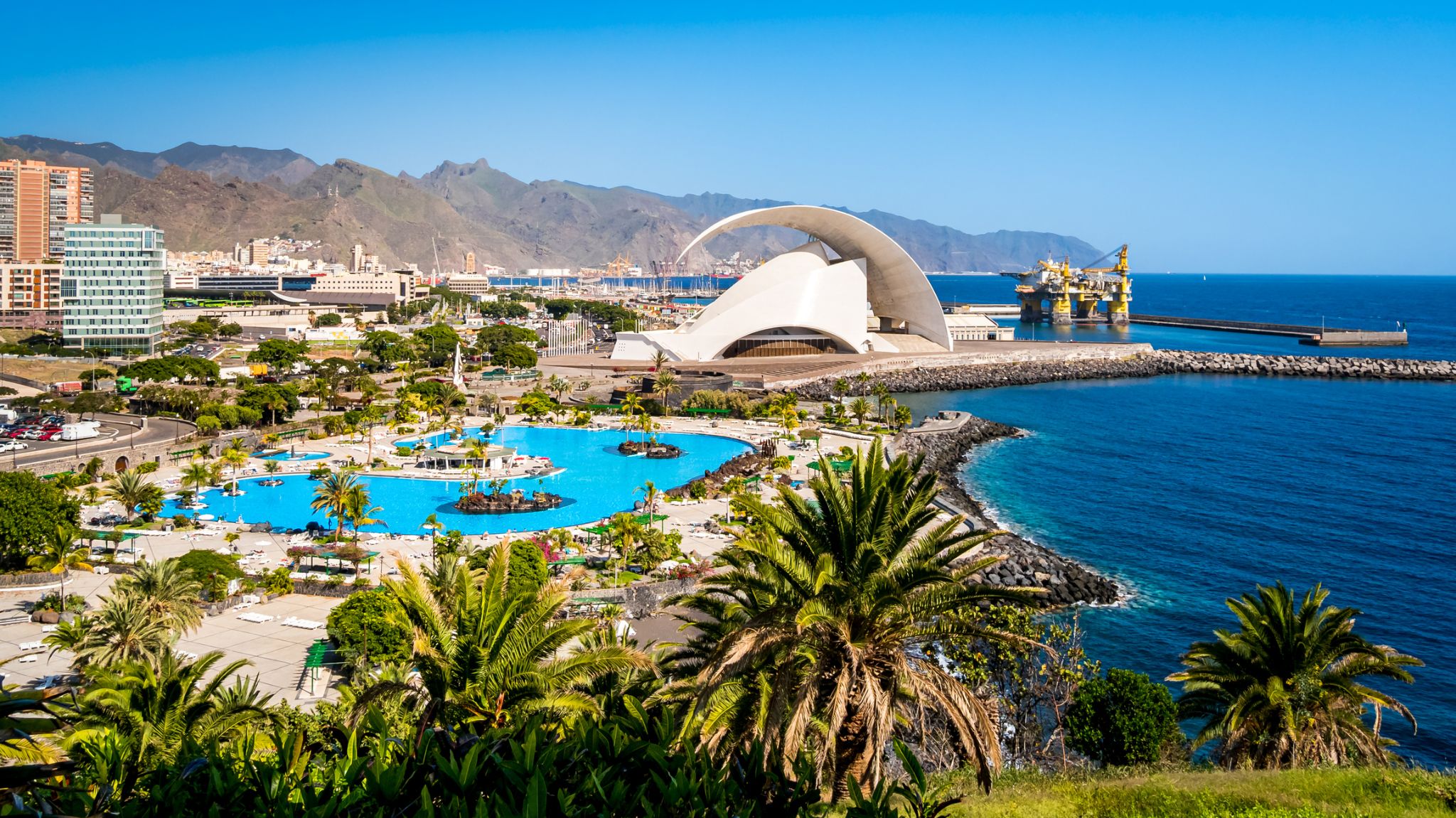

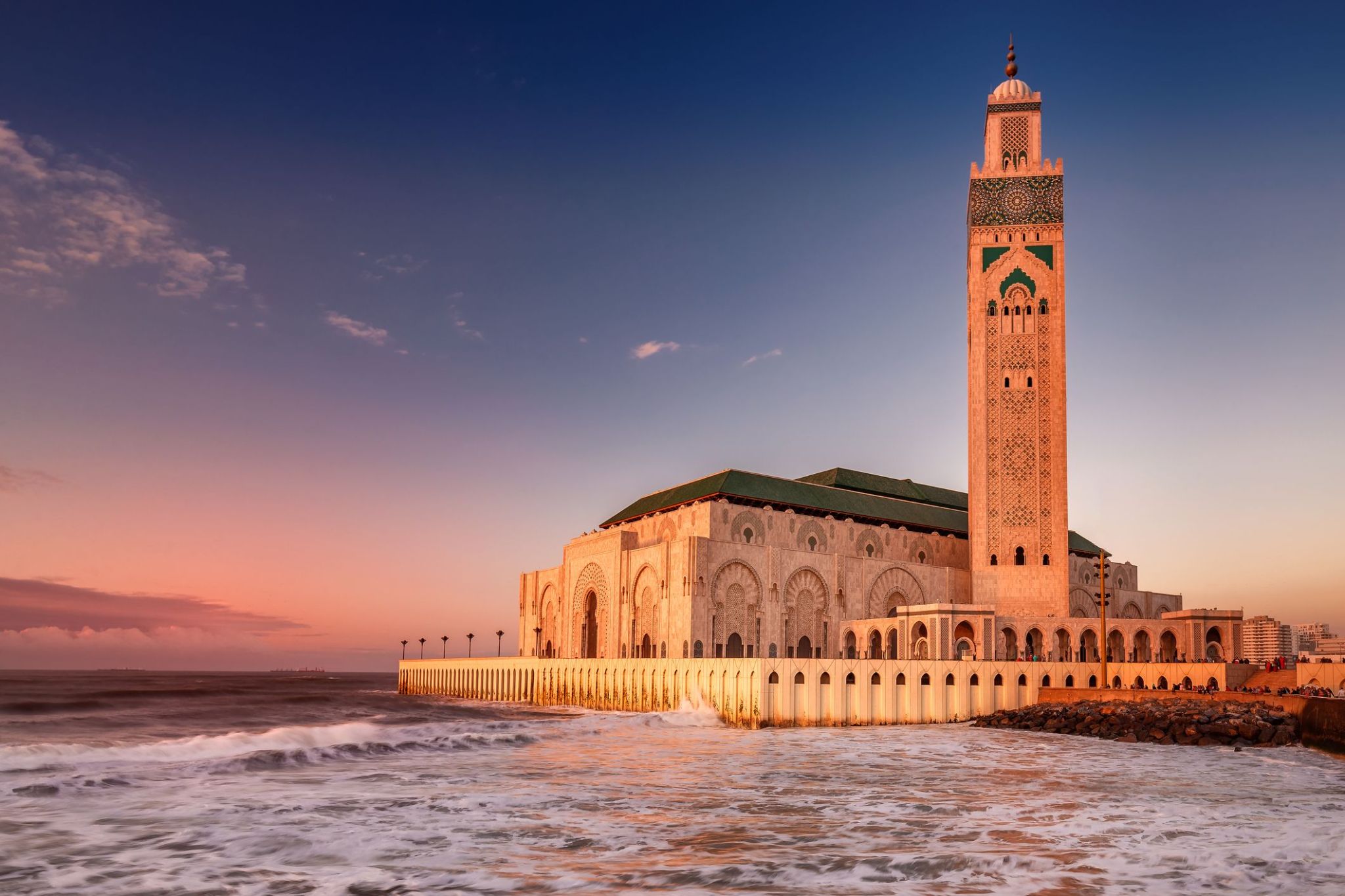
Casablanca located in the central-western part of Morocco and bordering the Atlantic Ocean, is the largest city in Morocco. It is also the largest city in the Maghreb region, as well as one of the largest and most important cities in Africa, both economically and demographically.
Casablanca is Morocco's chief port and one of the largest financial centers on the continent. According to the 2014 population estimate, the city has a population of about 3.35 million in the urban area and over 6.8 million in the Casablanca-Settat region. Casablanca is considered the economic and business center of Morocco, although the national political capital is Rabat.
The leading Moroccan companies and international many corporations doing business in the country have their headquarters and main industrial facilities in Casablanca. Recent industrial statistics show Casablanca retains its historical position as the main industrial zone of the country. The Port of Casablanca is one of the largest artificial ports in the world, and the second largest port of North Africa, after Tanger-Med 40 km (25 mi) east of Tangier. Casablanca also hosts the primary naval base for the Royal Moroccan Navy.
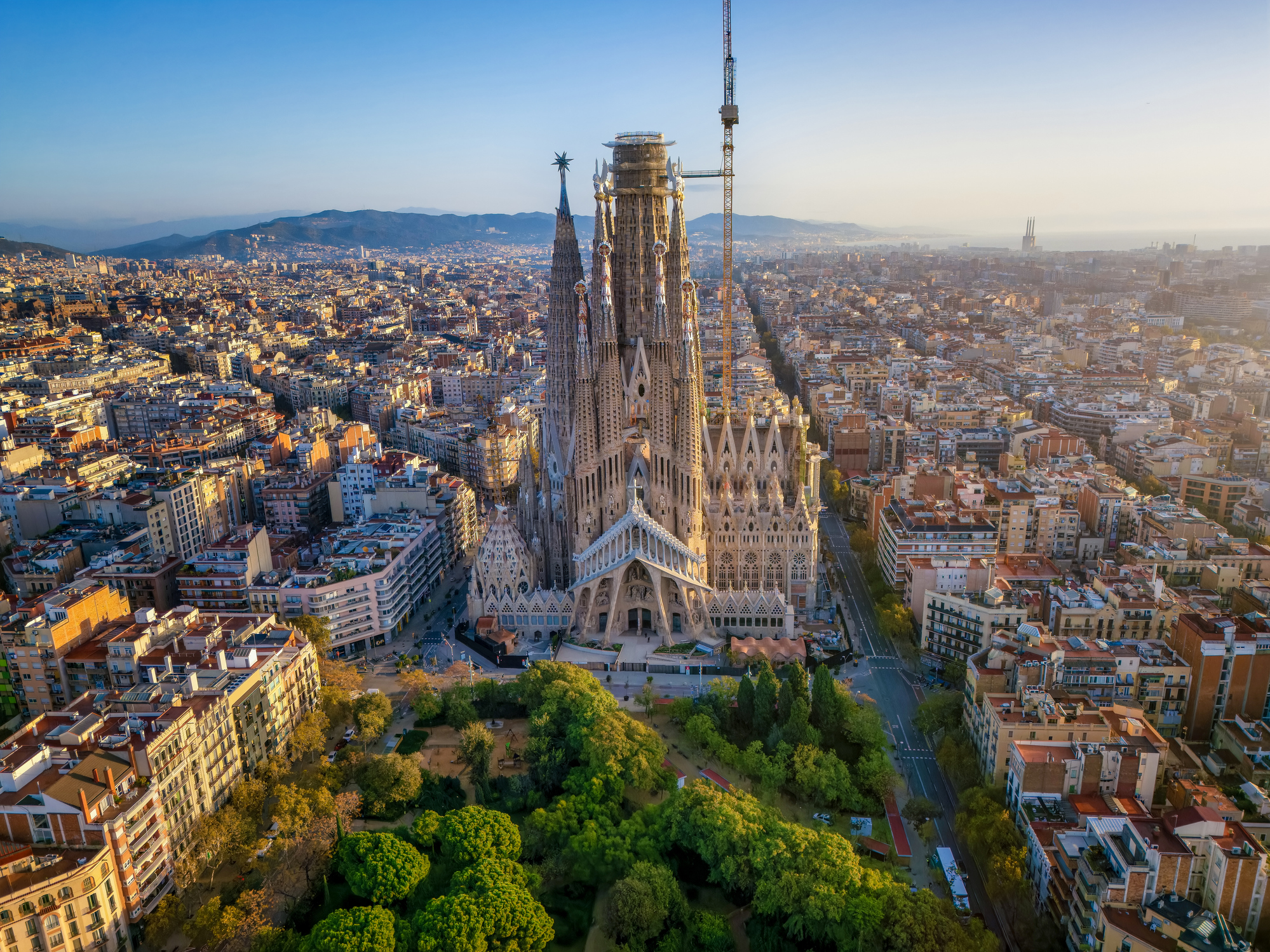
Barcelona is a city in Spain. It is the capital and largest city of Catalonia, as well as the second most populous municipality of Spain. With a population of 1.6 million within city limits, its urban area extends to numerous neighbouring municipalities within the Province of Barcelona and is home to around 4.8 million people, making it the sixth most populous urban area in the European Union after Paris, London, Madrid, the Ruhr area and Milan. It is one of the largest metropolises on the Mediterranean Sea, located on the coast between the mouths of the rivers Llobregat and Besòs, and bounded to the west by the Serra de Collserola mountain range, the tallest peak of which is 512 metres (1,680 feet) high.
Founded as a Roman city, in the Middle Ages Barcelona became the capital of the County of Barcelona. After merging with the Kingdom of Aragon, Barcelona continued to be an important city in the Crown of Aragon as an economic and administrative centre of this Crown and the capital of the Principality of Catalonia. Barcelona has a rich cultural heritage and is today an important cultural centre and a major tourist destination. Particularly renowned are the architectural works of Antoni Gaudí and Lluís Domènech i Montaner, which have been designated UNESCO World Heritage Sites. The headquarters of the Union for the Mediterranean are located in Barcelona. The city is known for hosting the 1992 Summer Olympics as well as world-class conferences and expositions and also many international sport tournaments.
Barcelona is one of the world's leading tourist, economic, trade fair and cultural centres, and its influence in commerce, education, entertainment, media, fashion, science, and the arts all contribute to its status as one of the world's major global cities. It is a major cultural and economic centre in southwestern Europe, 24th in the world (before Zürich, after Frankfurt) and a financial centre. In 2008 it was the fourth most economically powerful city by GDP in the European Union and 35th in the world with GDP amounting to €177 billion. In 2012 Barcelona had a GDP of $170 billion; and it was leading Spain in employment rate in that moment.
In 2009 the city was ranked Europe's third and one of the world's most successful as a city brand. In the same year the city was ranked Europe's fourth best city for business and fastest improving European city, with growth improved by 17% per year, and the city has been experiencing strong and renewed growth for the past three years. Since 2011 Barcelona has been a leading smart city in Europe. Barcelona is a transport hub, with the Port of Barcelona being one of Europe's principal seaports and busiest European passenger port, an international airport, Barcelona–El Prat Airport, which handles over 50 million passengers per year, an extensive motorway network, and a high-speed rail line with a link to France and the rest of Europe.